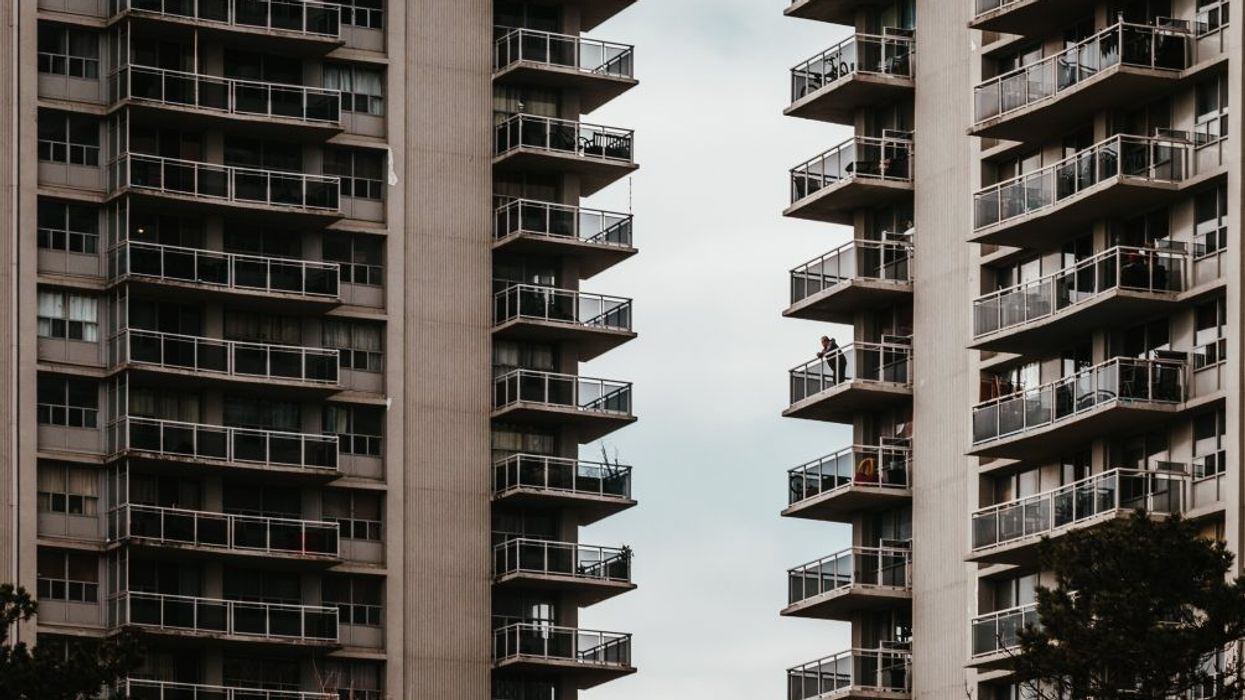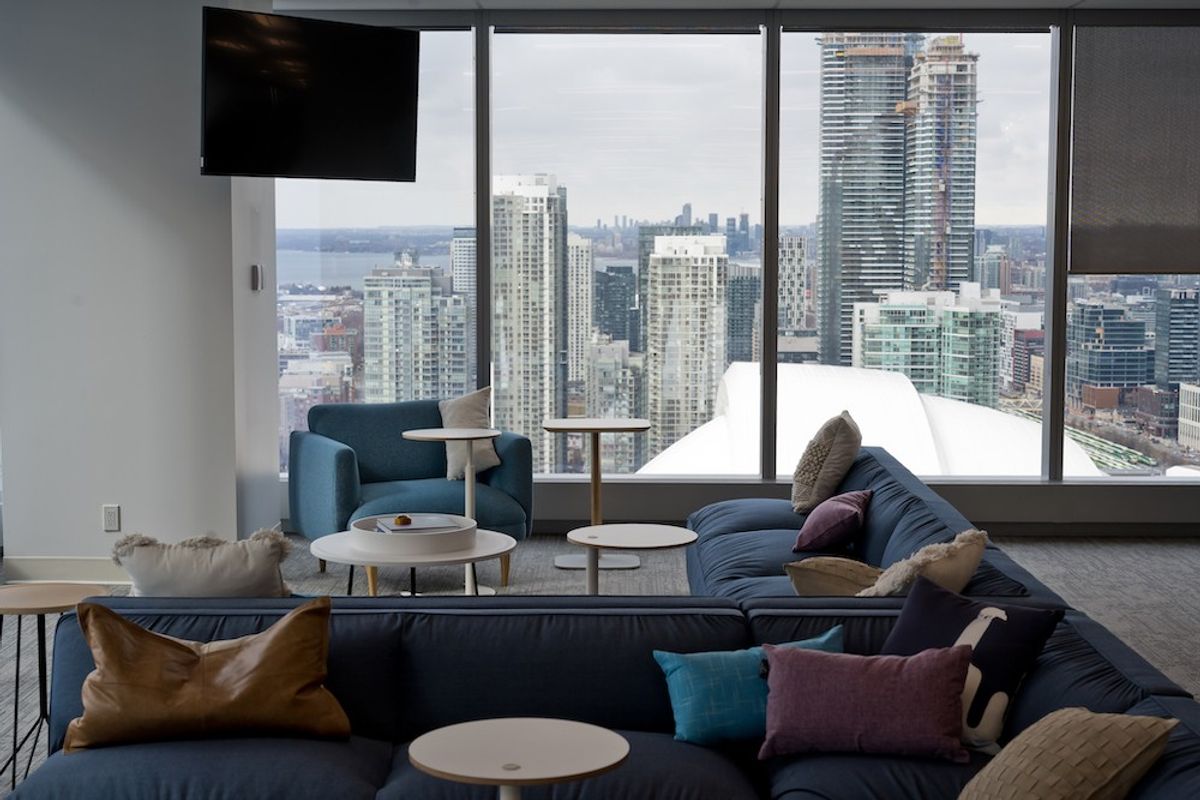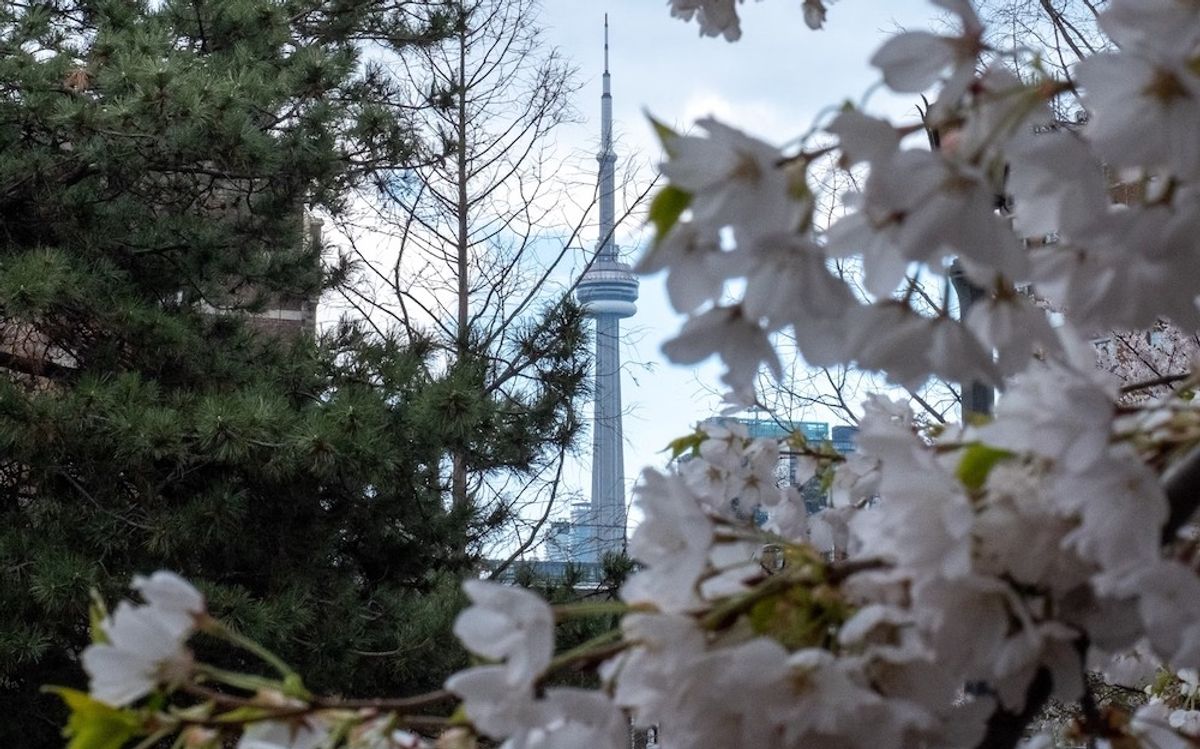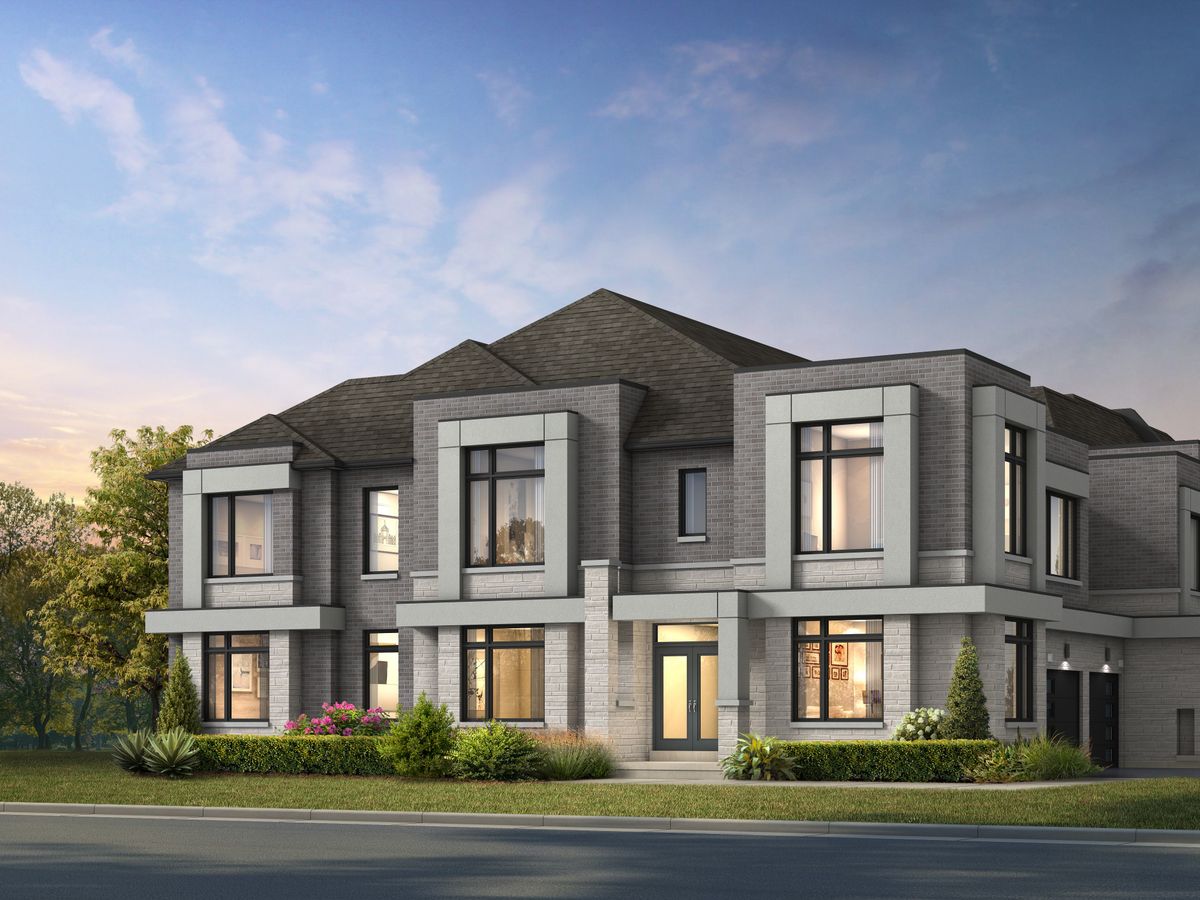When you buy a condo, you're not actually just buying the unit — you're staking a claim in the entire building. Not only are you responsible for the unit that you purchase you (and all the other owners) are also responsible for the condo complex.
That's why it's so important to include a Status Certificate condition in your purchase agreement. This document gives your lawyer a chance to scope out the financials and legal issues (if any) of a condo before your deal goes firm.
READ: The 5 Most Expensive Condos Sold In Toronto Between June And July
As a condo buyer, it's important for you to be diligent about what you're buying and to recognize the signs of a condo that could be a bad buy.
Here are a few red flags to watch out for...
Outdated Status Certificate
As mentioned, the first thing you want to do before you finalize a condo deal is to have your lawyer ensure the Status Certificate is complete and up-to-date. If the contents of the certificate are outdated, it's difficult to tell if the building is a sound to place to invest in.
Unfortunately, some condo Status Certificates are incomplete, out-of-date, or inaccurate, which is a definite red flag. According to the Ontario Condo Act, reserve fund balances in Status Certificates cannot be any older than 90 days. Further, reserve fund studies must be completed every three years.
READ: First-Time Home Buyers Incentive Limits Torontonians To Buying Condos
But the truth is, some condo boards don't adhere to these rules. If this is the case, keep your guard up and consider moving on to another condo with a Status Certificate that's up-to-date and includes all current pertinent information needed to accurately assess the health of the condo.
Lingering Special Assessments
A special assessment is a charge that condominium corporations levy on the owners in the building to help pay for major repairs or expenses that the reserve fund fails to cover.
Reserve funds are simply savings accounts that are set aside to cover any major future costs and should be adequate enough so that no special assessments need to take place. But if there's not enough money in the pot to cover big-ticket items like a new roof or window repairs, a special assessment could be imminent.
READ: 40 Per Cent Of Toronto Condos Are Investor-Owned, Driving Up Prices
In the event major repairs are needed and the reserve fund is too small, all unit owners will be on the hook to dish out more money on top of what they pay every month in condo fees. Sometimes special assessments can cost owners thousands of dollars, and it often must be paid in one lump sum.
If the condo you're looking at is showing increasing costs for building repairs and there is no plan in place to cover these costs, a major special assessment could be on the horizon. Not only is this something that you want to steer clear of, but your lender also might not even approve a mortgage for the purchase even if you wanted to go through with it.
Amenities That Have Long Been Under Construction
Condos typically offer certain amenities for all residents to enjoy, including fitness rooms, garden patios, and swimming pools. But if the amenities in the building you're looking at have been under construction for months or even years, it's a sign that something's awry. Steer clear if you don't want to pay for amenities you can't even use.
READ: Condo Amenities Blend Practicality And Wow-Factor To Woo Buyers
Scarce Parking Spots
Some condo complexes fail to adequately plan for ample parking, and residents and their guests end up losing out as a result. Take a look at the condo's parking lot and visitor parking area to make sure there's adequate space for both you and anyone who visits.
Signs of Much-Needed Repairs
Much like amenities that are under construction for far longer than normal, never-ending repairs are also a bad sign.
Cracks in walls, crumbling asphalt on the parking lot, or ill-functioning automatic door openers are only a few of the plethora of issues that can result as a building ages. If the corporation lets things slide for far too long, it could be a sign that the building is poorly managed.
READ: 6 Common Home Buyer Mistakes And How You Can Avoid Them
Looming Lawsuits
You're going to want to know if there are any pending lawsuits surrounding the condo, which the Status Certificate will detail. Lawsuits end up costing the owners money to deal with, which is not something you necessarily want to be any part of when you first buy a condo.
Considering the cost of buying a condo - or any other type of dwelling - it's important to do your homework in order to make an informed buying decision.





















